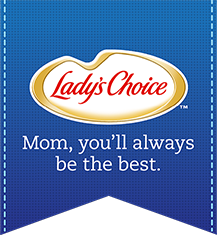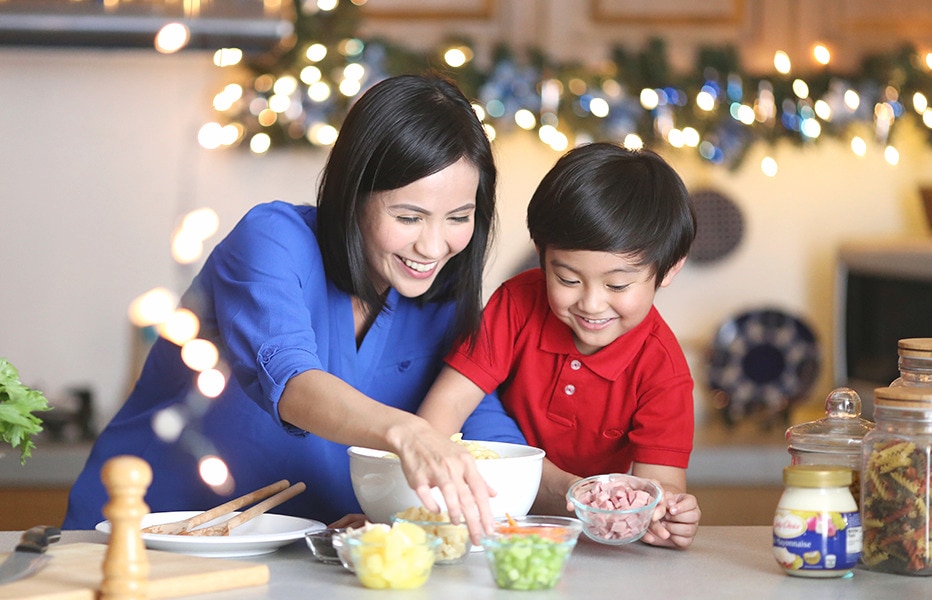Why The Authoritative Parenting Style Might Work On Your Kids
Share via:
Share to facebook Opens in new window
When it comes to raising a child, studies and psychologists say that the authoritative parenting style is the best way to help them become more confident, successful, and in touch with their emotions. It focuses on setting strict rules and boundaries while giving children space to explore and build their value system with the guidance, trust, and level of engagement with their parents. Many often misconstrue it as an authoritarian parenting style, where my-way-or-the-highway authority and power-tripping take precedence over positive discipline.
Nancy Darling, Ph.D., an American psychologist, says, "Authoritative parents teach and guide their children. Their goal is to socialize their children so they come to accept and value what the parents value. They hope their children will internalize their goals. They are shepherds. The word "authoritative" implies parents have power because they are wiser and are legitimate guides to the culture."
What are the key characteristics of the authoritative parenting style, and should you implement it at home?
What Does Authoritative Parenting Style Look Like in Action?
Many parents associate the authoritative style with strict rules and consequences that might make children fearful. The reality cannot be any further than that. Authoritative parents are supportive without suffocating their children, allowing them to grow as individuals. Let’s take a look at some of the main characteristics of this parenting style.
1. Be consistent in setting rules and boundaries
Rules are the key to shaping a child’s behavior, and explanations and reasons are crucial to building their value system — what’s right and wrong, good and bad habits. Darling mentions that “authoritative parents tend to be more strict and consistent than authoritarian parents. They set fewer rules but are better at enforcing them.”
For example, setting up a screen time limit could look like working with your child to know that they can enjoy one full hour after they finish their homework, so they learn that responsibility comes before leisurely activities. Always communicate your expectations as a parent, but take your child’s feelings and opinions into consideration as well.
2. Allow children to be free with guidance
A helicopter parent would rush to their kids’ side to “save” them when their kid gets hurt. On the contrary, an authoritative parent could give their kid the space to cope and learn. They take the opportunity to teach their kid to be mindful of their surroundings and wait for their turn at the slide so that they don’t bump into other kids and get hurt.
Guided freedom and reflection will help build their kid's emotional intelligence and help them learn new skills. It's okay to make mistakes as long as parents teach their children the takeaways from their little mishaps. Surely, you don't want your child to live in a bubble and unknowingly miss out on many learning moments. Let them know that you will be there to support and offer guidance no matter what.
3. Acknowledge children’s emotional needs
The authoritative parenting style means respecting your child's emotions and views without judgment and allows children to explore options with accountability. That way, they become aware that their voice matters and feel empowered. It's all in the little things, like preparing meals or picking out clothes. Asking your child what they want to eat or inviting them to a grocery shop can strengthen your connection. Plus, you can also encourage them to develop healthy eating habits.
Don’t be afraid to let your children be in the kitchen. A simple gesture like allowing them to prepare their snacks and sandwiches when they’re hungry can help them be more confident in trying out new things. Prepare a simple menu that you can cook together, such as a Ham and Egg Salad Sandwich with Lady’s Choice Real Mayonnaise.
Authoritative vs. Authoritarian Parenting Style
Although they sound similar, their approaches and effects on children’s growth differ. Compared with the main characteristics of the authoritative parenting style listed above, the authoritarian parenting style tends to be cold and non-responsive, at times demeaning. Parents who adopt this style may believe that tough love is the way to teach children responsibility. However, they may be unaware of the authoritarian parenting effects on their children’s emotional development.
Since authoritarian parents tend to exert dominance, children in this family are more likely to be dependent, shy, and submissive. On the other hand, they often rank well in school and show polite behaviors, perhaps due to their parents’ demandingness.
Bottom line, the authoritative parenting style has positive effects on both parents and children, fostering stronger and more trustworthy bonds between families and encouraging growth and independence judiciously. Parents are encouraged to explore different parenting styles, take the positive from each one and forgo the negative. As long as you treat your children with respect and love, they will blossom into extraordinary people. Be your children’s best supporters by serving healthy, yummy snacks like Creamy Macaroni Salad and Classic Egg Mayo Sandwich for those special little moments.
Related Articles
- slide 1
- slide 2
- slide 3




